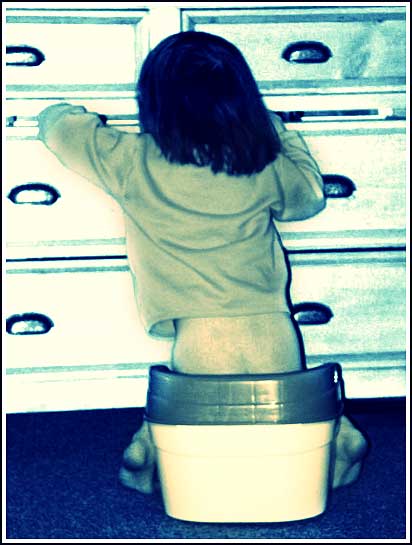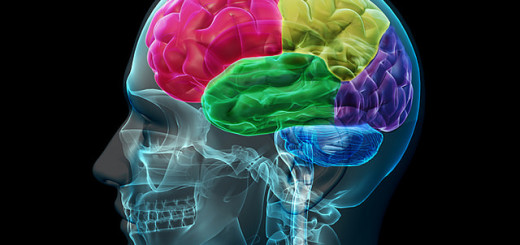Beware of Potty Training Mistakes
Today let’s focus on some of the potty training mistakes. A lot of parents are still confused about how to go about this special time in their child’s development. I want you and your child to enjoy a healthy relationship from the start. We know that mistakes may have long lasting effects in shaping your child’s personality. This is when your child starts to learn about boundaries, about controlling his, or her, behaviours and urges.
Let’s face it, poops and wee wees are messy and your baby needs to learn to monitor its body and release at the right time and place.
How To Express Yourself
Some of us are disgusted by our excrement. For children, however, a poo is still part of their experience. It is as if they feel their faeces are part of themselves and something they can offer as a gift to you, as parents. You need to use a matter-of-fact language that does not denigrate in any way such as ‘dirty’ or ‘smelly’.
More important than what you say, is the tone of voice you use to convey your emotion. Any parent who has experienced their child with a difficulty in passing a stool knows just how relieved they feel when the child finally does her, or his, business. Then it’s easy to express positive emotions. Sometimes it’s not so easy to be upbeat when excretion is expected, but that’s just how we must be for our toddlers – not to mention the fact that it’s less draining for us to have a positive attitude.
The word ‘training’ has got bad connotations, I wish we called potty training something like ‘the poop giving ritual’. The words we choose have such an impact in the way we think about life! Even though I will be using the term potty training I am hoping that you will approach it not as a task your child and you have to endure but as a natural process that will evolve by being responsive to your child’s personality and development.
When Potty Training is Too Strict
Expecting your child to do anything before they are ready, against their will would have unwanted, far reaching consequences. When you force your child before she, or he, can control his, or her, muscles both yours and your child’s self-confidence will suffer. A rebellious attitude gets conditioned and the normal growth process get delayed and become complicated. When we rush the process we also tend to be critical of our children. This can have implications later during their integration into school, as well as in adolescence.
When you exclaim: ‘Oh no! How could you do that, look at all the mess you created; bad boy!’, a typical example of harsh attitude, your child will feel humiliated and can lose confidence, or become fearful.
Comparing your child to other infants is a habit a lot of us seem adopt as parents. Usually children develop in their own time, no matter what comparisons we make. Indeed, competition with other children at this age can cause a child to fall behind.
Kids whose parents were rather harsh during this stage tend to become adults who are too stingy and stubborn, they cannot cope well with changes in their environment. In my article the effects of comparing, criticising and humiliating. I describe how such habits lead to serious social problems and ultimately to mental health problems.
When Potty Training is Too Permissive
Sometimes parents get into such states that they give up completely. This can happen when parents have high expectations, get disappointed and worn out. The child’s seeming rebelliousness and the parents’ ability to tolerate do not match.
As a result the child may soil their pants in rebellion against using the toilet. They may not respond to being told where and when they go. They will eventually do so but it’s more likely they’ll grow into adults who are messy, disorganised and rebellious. Their boundaries would be looser than the average. They may for example share their belongings with their peers giving things away. They will also have difficulty considering others’ feelings.
Middle Path Is No Harm Way
When it comes to parenting there are lots of unknowns. There is an abundance of information. Contradictions are truly confusing. The influence of friends and relatives can lead to stress as much as relief and guidance. The key for ‘good enough parenting’ is not harming your child’s natural development whilst providing boundaries for him to feel loved, cared and secure. No harm comes from moderation or middle path. When you are stuck and don’t know what to do if you make this magic concept ‘moderation’ your compass, it will guide you to stay on track.
Good Practices in Potty Training
Growing out of nappies is a natural process, all you need to do is to prepare, recognise the signs that your child is getting ready and facilitate the process.
1) There are ways you can prepare yourself and your child beforehand:
- Put this episode of Sesame Street handy, so that your child is easily and regularly exposed.
- Talk and show about what is going to happen when he is ready for it.
- He would benefit seeing another person using the toilet.
- Make sure your child has seen and played with the potty.
- Try to familiarise your child’s cues for pees and poop.
2) Around about 2 year old you look out if your child shows most of these readiness signals:
- Can they walk, can they pull their trousers down and up; can they get on the potty?
- Can they understand and follow simple instructions?
- Do they imitate other kids and adults?
- Do they enjoy praise?
- Do they take pride in achievements?
- Do they have long dry nappy periods?
3) If you observe most of these signs then you need to choose the right period to make the transition. Make sure it is a routine time and you and your child are not dealing with another transition such as adapting to a new caretaker, father going on a business trip, birth of a sibling, or simply going or returning from a holiday.
4) Here are some practical tips you and your child would benefit:
- Expect slow progress, be surprised if it is quicker than you expect.
- Stay relaxed through the stages, accidents will happen and they are normal.
- Be prepared for them so that you are not disappointed.
- Never shame or force your child.
- Praise lavishly any progress in the right direction.
- Teach your child to recognize behavioural cues that signal they are about to go.
- Help and praise your child to notice and tell you when these signals occur.
- Encourage your child to sit on the potty without their nappy during the day, increase the numbers gradually whilst creating routines such as in the mornings, after meals, before bed time.
If you have further questions on potty training here is a very good resource.





